Purple Rain: a photo celebration
We look back at Prince's career-defining album and movie
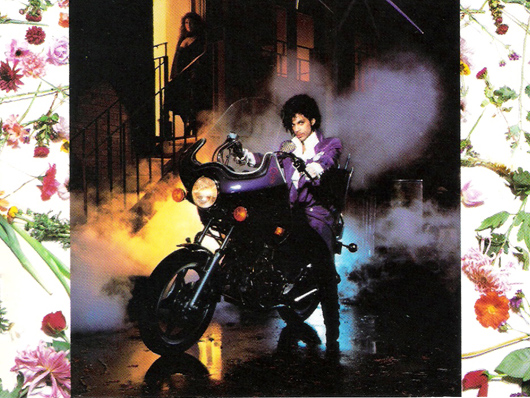
Purple reigns
Since Prince's tragic death last week, our thoughts have inevitably turned to Purple Rain, the semi-autobiographical movie/album that helped turn him into one of the biggest stars of the '80s.
It might not be the best rock movie ever made - though neither is it one of the worst - but it was a cultural phenomenon, and spawned some terrific music. Join us, then, as we celebrate the Purple Rain project and its legacy…
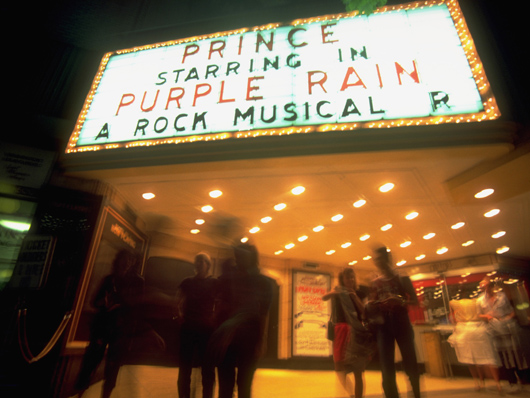
The movie
Opening on 27 July 1984, Purple Rain cost around $7m to make but managed to rake in more than $68m. Given that this was Prince’s first feature film, this was no small achievement.
The plot, such as it was, centred on ‘The Kid’ (Prince), an aspiring musician attempting to make it in Minneapolis while dealing with problems of a domestic and romantic nature.
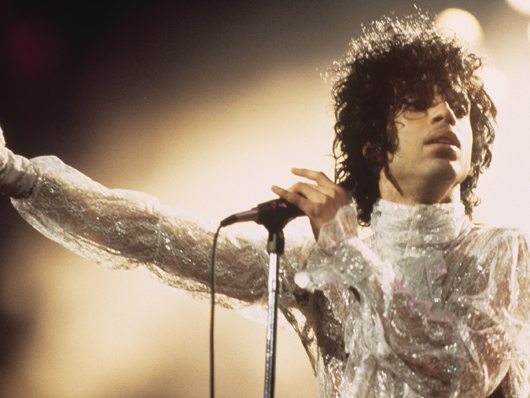
The tour
Not just a movie and album, Purple Rain was also a successful tour (now that’s what we call synergy). Kicking off in November 2004, this took in dates across the USA and sold in excess of 1.7m tickets.
Prince was backed by The Revolution, and the shows also featured Apollonia 6 and Sheila E.
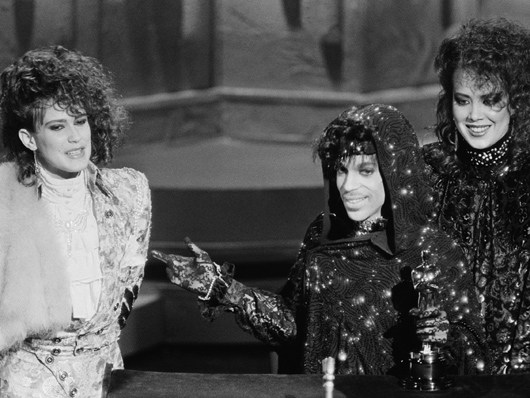
The Oscar
As well as making some serious money, the Purple Rain project also scooped a host of awards. The biggest of all was Prince’s Oscar - unsurprisingly, he didn’t win one for his acting, but he did take home the prize for Best Original Song Score in 1985.
He accepted the award with Revolution members Wendy and Lisa, who went on to release albums as a duo and write the music for TV show Heroes.
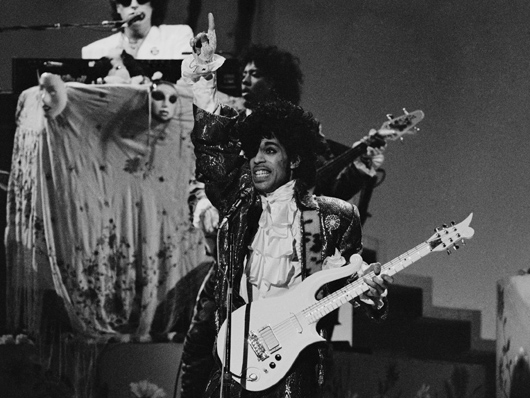
More awards
The Purple Rain movie won Prince a single Academy Award, but its companion album netted him a string of music prizes.
He took Grammys in the Best Rock Vocal Performance by a Duo or Group, Best Album or Original Score Written for a Motion Picture or TV Special and Best R&B Song categories and was nominated for eight American Music Awards in 1985. He won two and - as you can see here - performed at the ceremony.
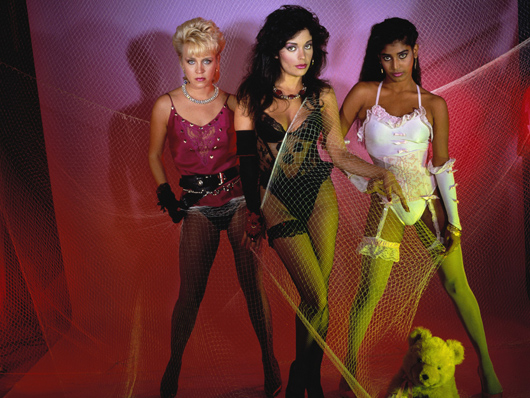
Apollonia 6
Prince’s love interest in Purple Rain was to have been Vanity, played by the late Denise Matthews. However, she removed herself from Prince’s inner circle in 1983 - she had been the lead singer of Vanity 6 - and was replaced at the last minute by Patricia Kotero, who was swiftly renamed Apollonia.
She became the focus of girl group Apollonia 6 - there were actually only three members, but the number was doubled in reference to the ladies’... well, we'll let you work it out.
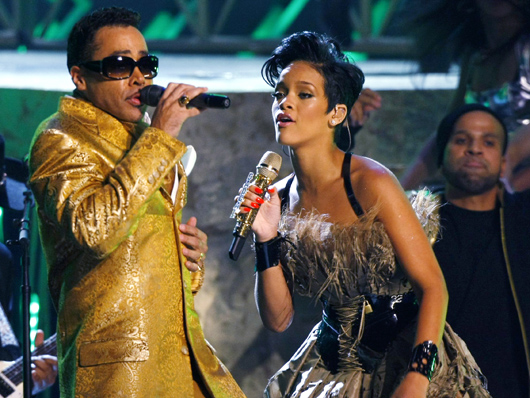
The Time
In Purple Rain, The Time were Prince’s musical rivals, but both Jungle Love and The Bird - the two Time songs used in the film - were actually Prince co-writes.
Led by Morris Day (but also featuring soon-to-be über-producers Jimmy Jam and Terry Lewis) The Time continued to tour and release albums after Purple Rain, and performed a medley with Rihanna at the 2008 Grammy Awards (this featured Umbrella and Jungle Love).
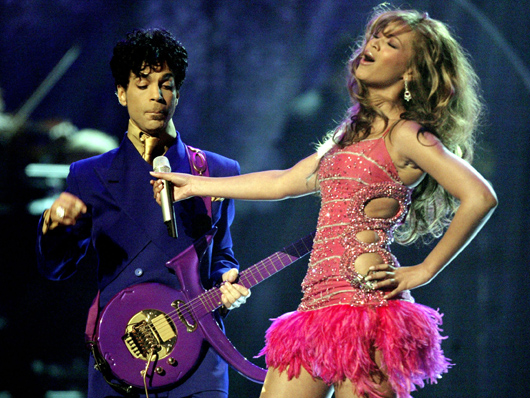
The comeback
After a few years operating under the radar, Prince arrived back in the mainstream on 8 February 2004 when he performed with Beyoncé at the Grammy Awards.
In Purple Rain’s 20th anniversary year, he performed a medley that opened with the album’s title song and also featured Let’s Go Crazy and Baby I’m A Star (Beyoncé’s Crazy In Love got a look-in, too).

I’m the Deputy Editor of MusicRadar, having worked on the site since its launch in 2007. I previously spent eight years working on our sister magazine, Computer Music. I’ve been playing the piano, gigging in bands and failing to finish tracks at home for more than 30 years, 24 of which I’ve also spent writing about music and the ever-changing technology used to make it.